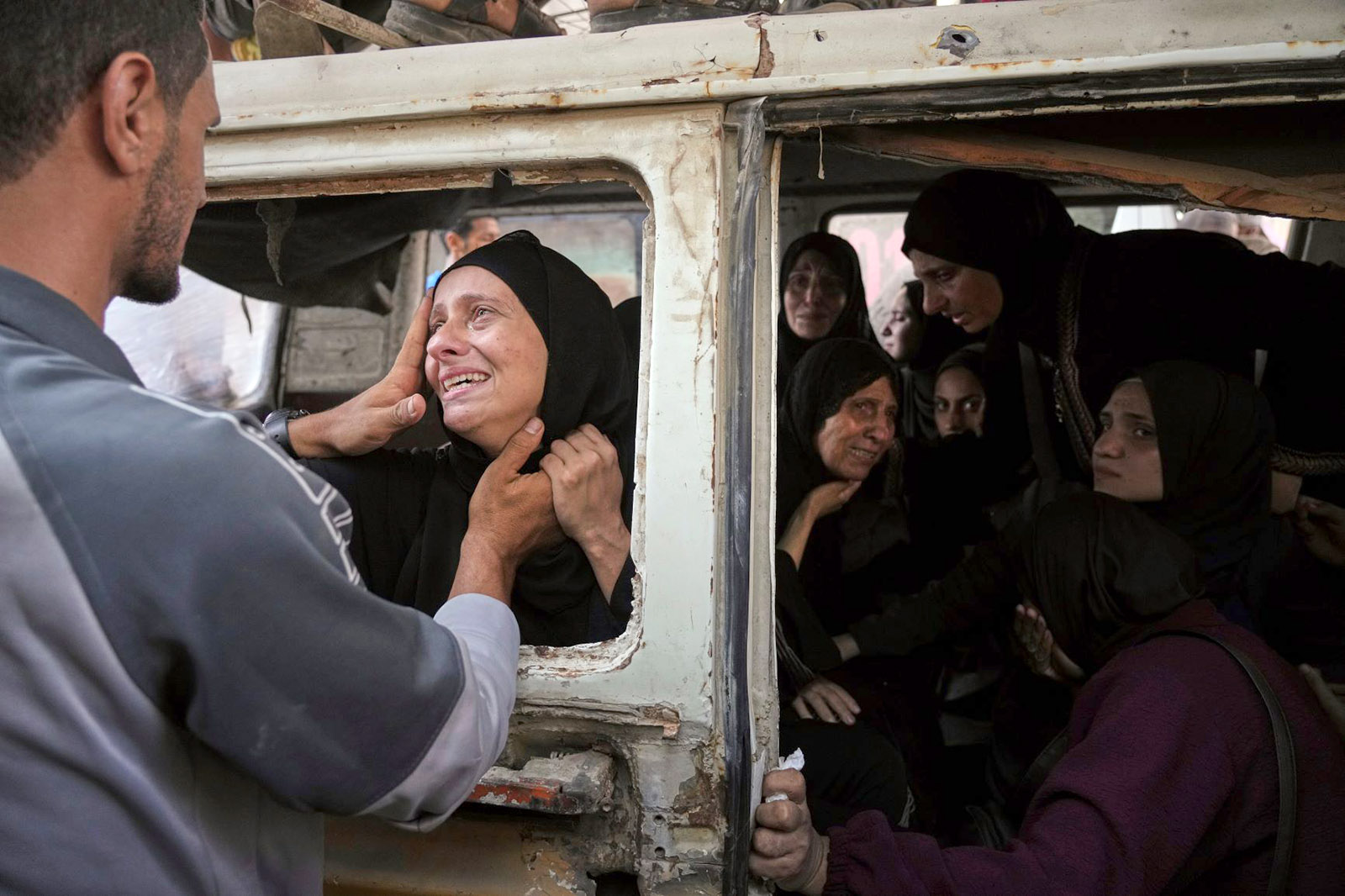Israel’s ‘political cover’ slips as allies, others seek end to ‘inhumane’ killings

The joint condemnation by 28 countries of Israel’s “drip feeding” of aid into Gaza and its “inhumane” killings reflects growing international frustration with a crisis that has been allowed to spiral without consequences — especially in light of Israel’s quick rejection of the concerns, said an expert.
Nagapushpa Devendra, a West Asia analyst and research scholar at the University of Erfurt in Germany, pointed to a “deeper concern” among these governments that the very principles of international law which they defend elsewhere are being undermined in the long run.
In a joint statement published on July 21, the foreign ministers of the 28 countries, including Australia, France, Italy, Japan and the United Kingdom, said the suffering of civilians in Gaza “has reached new depths” and demanded an immediate end to the conflict.
They lambasted Israel’s aid delivery model as “dangerous” and warned that it “fuels instability and deprives Gazans of human dignity”.
“We condemn the drip feeding of aid and the inhumane killing of civilians, including children, seeking to meet their most basic needs of water and food,” the statement read.
“It is horrifying that over 800 Palestinians have been killed while seeking aid. The Israeli government’s denial of essential humanitarian assistance to the civilian population is unacceptable. Israel must comply with its obligations under international humanitarian law.”
The ministers also voiced strong opposition to any moves toward territorial or demographic changes in the Occupied Palestinian Territories. They warned that Israel’s “E1 settlement plan” in the West Bank, if implemented, would split a future Palestinian state in two — “a flagrant breach of international law” that would critically undermine the two-state solution.
Devendra said the call for an immediate end to the conflict is more than a humanitarian appeal.
“It signals growing frustration with how long Western governments have allowed the conflict to spiral without serious consequences for Israel,” she said.
The foreign ministers also condemned Israel’s settlement expansion across the occupied West Bank, saying it has “accelerated settler violence against Palestinians” and “must stop”.
“We call on the Israeli government to immediately lift restrictions on the flow of aid and to urgently enable the UN and humanitarian NGOs to do their lifesaving work safely and effectively,” they said.
In response, Israel’s Foreign Ministry said on July 22 that the condemnation was “disconnected from reality” and “sends the wrong message to Hamas”.
Devendra said what makes this statement different is its origin: countries frequently aligned with Israel and the United States — including Australia, Canada, France, Japan and the UK — are now publicly voicing stronger disapproval.
“Their language is direct, condemning Israel’s handling of aid as ‘inhumane’ and warning against forced displacement of Palestinians. This is a shift from carefully balanced language to a more open challenge of Israeli policy,” she said.
More importantly, Devendra added, it signals a deeper concern that continued inaction undermines the very principles of international law these governments champion elsewhere, such as in Ukraine.
If this conflict drags on with impunity, it risks “normalizing genocide”, she said. “The message is clear — Western patience is wearing thin, and political cover for Israel may not last much longer.”
On the ground, Gaza’s civil defense spokesman Mahmud Bassal told AFP that Israeli strikes killed 15 people across the territory on July 22, as tanks pushed into southern and eastern districts of Deir al-Balah for the first time on July 21.
The World Health Organization said the Israeli military attacked its staff residence and main warehouse in Deir al-Balah on July 21.
“Israeli military entered the premises, forcing women and children to evacuate on foot toward Al-Mawasi amid active conflict,” the WHO said. “Male staff and family members were handcuffed, stripped, interrogated on the spot, and screened at gunpoint.”
Michael Fakhri, the United Nations’ special rapporteur on the right to food, told Al Jazeera that “what we are seeing now in Gaza is the most horrific stage of Israel’s starvation campaign”.
On July 22, Gaza’s health authorities said 15 more people, including four children, died from starvation and malnutrition in the past 24 hours in the war-torn Gaza Strip.
In a press statement, the health authorities said the deaths were recorded in hospitals, raising the total number of fatalities linked to hunger and malnutrition to 101, including 80 children, since March.
Agencies contributed to this story.
Contact the writer at jan@chinadailyapac.com


